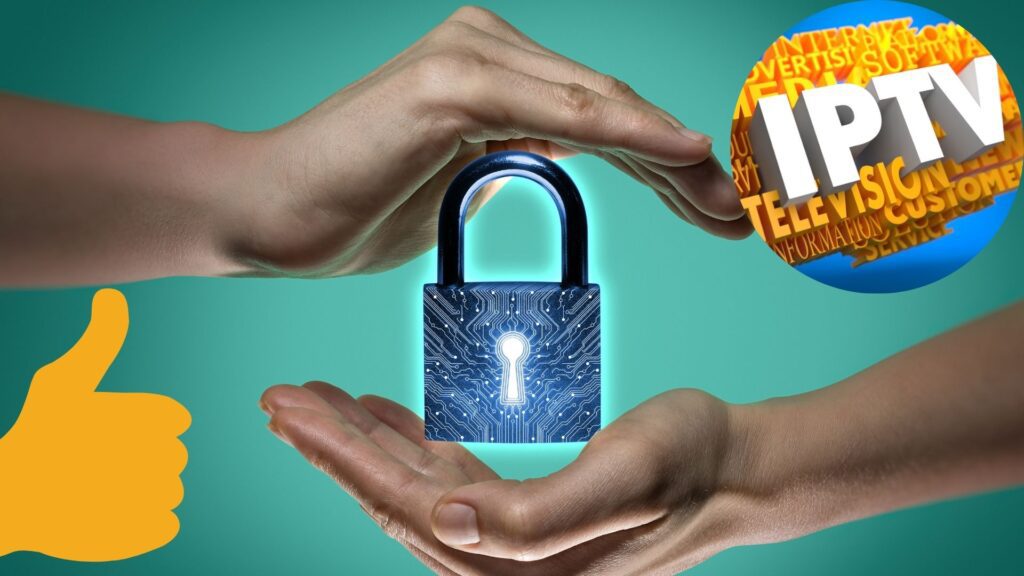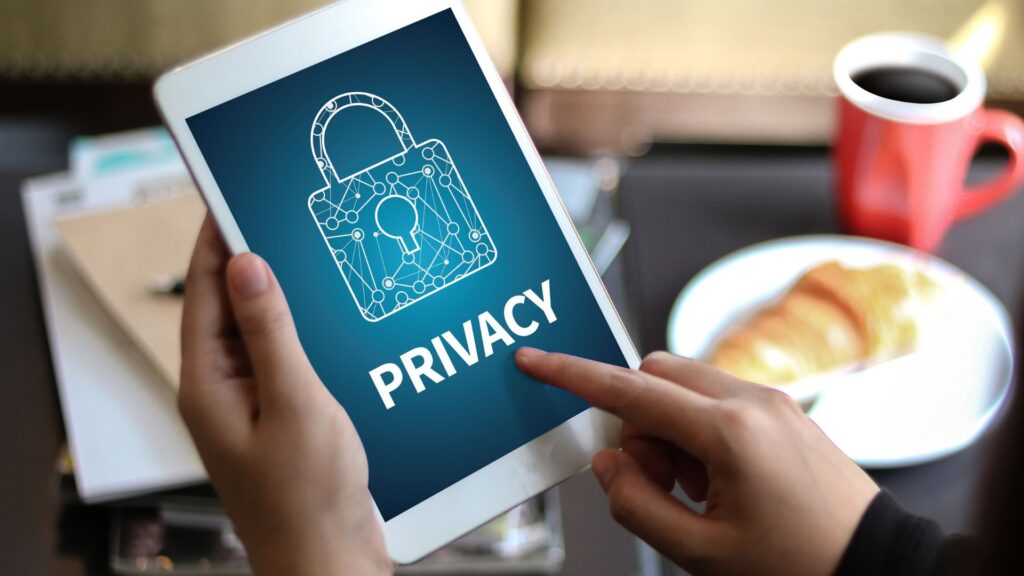In an era where online privacy is increasingly important, navigating the world of IPTV (Internet Protocol Television) services requires careful consideration of how to safeguard your personal information. With the convenience and accessibility of IPTV comes the risk of potential privacy breaches, but by implementing the right strategies and tips, you can better protect yourself while enjoying your favorite content. In this article, we’ll explore various methods to enhance your privacy when using IPTV services, ensuring a safer and more secure viewing experience.
1. Use a Virtual Private Network (VPN)
One of the most effective ways to protect your privacy while using IPTV services is by using a VPN. A VPN encrypts your internet connection, preventing third parties from monitoring your online activities, including the IPTV content you’re streaming. Additionally, a VPN masks your IP address, making it more difficult for ISPs (Internet Service Providers), hackers, or government agencies to track your online behavior. When choosing a VPN provider, opt for one that offers strong encryption, a strict no-logs policy, and a wide selection of server locations for optimal privacy protection.
2. Be Mindful of App Permissions
When installing IPTV apps on your devices, pay close attention to the permissions they request. Some apps may ask for unnecessary permissions to access your device’s camera, microphone, contacts, or location data, which could compromise your privacy. Before granting permissions, consider whether the app genuinely requires access to certain features or data for its functionality. If an app’s permissions seem excessive or suspicious, it’s best to avoid installing it or look for alternative apps with more transparent privacy practices.
3. Use Secure Payment Methods
When subscribing to IPTV services or making in-app purchases, prioritize using secure payment methods to protect your financial information. Opt for reputable payment providers that offer robust security measures, such as encryption and fraud detection. Avoid sharing sensitive payment details, such as credit card numbers or bank account information, over unsecured networks or through insecure channels. Additionally, regularly monitor your financial statements for any unauthorized transactions and report any suspicious activity immediately to your bank or payment provider.
4. Regularly Update Your Devices and Apps
Keeping your devices and IPTV apps up to date with the latest software patches and security updates is essential for maintaining your privacy and security. Software updates often include patches for known vulnerabilities and security flaws that could be exploited by cybercriminals to compromise your devices or access your personal information. Enable automatic updates whenever possible to ensure that your devices and apps receive timely security fixes and enhancements. Additionally, regularly check for updates manually and install them promptly to stay protected against emerging threats.
5. Review Privacy Policies and Terms of Service
Before using an IPTV service or app, take the time to review its privacy policy and terms of service carefully. Pay attention to how the service collects, stores, and processes your personal data, as well as how it shares your information with third parties. Look for services that prioritize user privacy and adhere to stringent data protection standards, such as GDPR (General Data Protection Regulation) compliance. If a service’s privacy practices are unclear or concerning, consider seeking alternatives that prioritize transparency and user privacy.
6. Secure Your Home Network
Securing your home network is crucial for protecting your privacy when using IPTV services and other online platforms. Use strong, unique passwords for your Wi-Fi network and router to prevent unauthorized access. Enable network encryption, such as WPA2 or WPA3, to encrypt data transmitted over your network and prevent eavesdropping. Consider setting up a guest network for IoT (Internet of Things) devices and other smart home devices to isolate them from your main network and reduce the risk of potential security breaches.
7. Enable Two-Factor Authentication (2FA)
Implementing two-factor authentication (2FA) adds an extra layer of security to your accounts, including those associated with IPTV services. With 2FA enabled, accessing your account requires not only a password but also a secondary verification method, such as a code sent to your mobile device or generated by an authenticator app. This significantly reduces the risk of unauthorized access, even if your password is compromised. Check if your IPTV provider offers 2FA as an option and enable it for added security.
8. Limit Sharing of Personal Information
Be cautious about sharing personal information when signing up for IPTV services or interacting with online communities related to IPTV. Avoid providing unnecessary details such as your full name, address, or financial information unless absolutely required for account creation or billing purposes. Be wary of phishing attempts or social engineering tactics that may try to trick you into disclosing sensitive information. Remember that legitimate IPTV providers should not request sensitive information via unsolicited emails or messages.
9. Utilize Secure Streaming Devices
Choose streaming devices that prioritize security and privacy features when accessing IPTV services. Opt for reputable brands and models with built-in security features, such as automatic firmware updates, secure boot mechanisms, and encrypted storage for user data. Avoid using jailbroken or unauthorized streaming devices, as they may compromise your privacy and expose you to security risks. Regularly review the security settings and privacy options on your streaming devices to ensure optimal protection against potential threats.
10. Educate Yourself About Online Privacy
Stay informed about online privacy best practices and emerging threats to better protect yourself when using IPTV services. Keep up to date with the latest news and developments in cybersecurity and privacy, and educate yourself about common online scams and tactics used by cybercriminals. Take advantage of resources such as privacy-focused blogs, forums, and online communities to learn from others’ experiences and share tips for enhancing privacy and security online. By staying vigilant and informed, you can better safeguard your privacy while enjoying IPTV content.
Conclusion
Protecting your privacy while using IPTV services is essential in today’s digital landscape, where online threats and privacy concerns are prevalent. By implementing these strategies and tips, you can enhance your privacy and security when streaming IPTV content, reducing the risk of unauthorized access, data breaches, and other privacy violations. Remember to prioritize privacy-conscious practices, utilize security tools such as VPNs and 2FA, and remain vigilant against potential threats. With the right precautions in place, you can enjoy the benefits of IPTV services while safeguarding your personal information and privacy.


